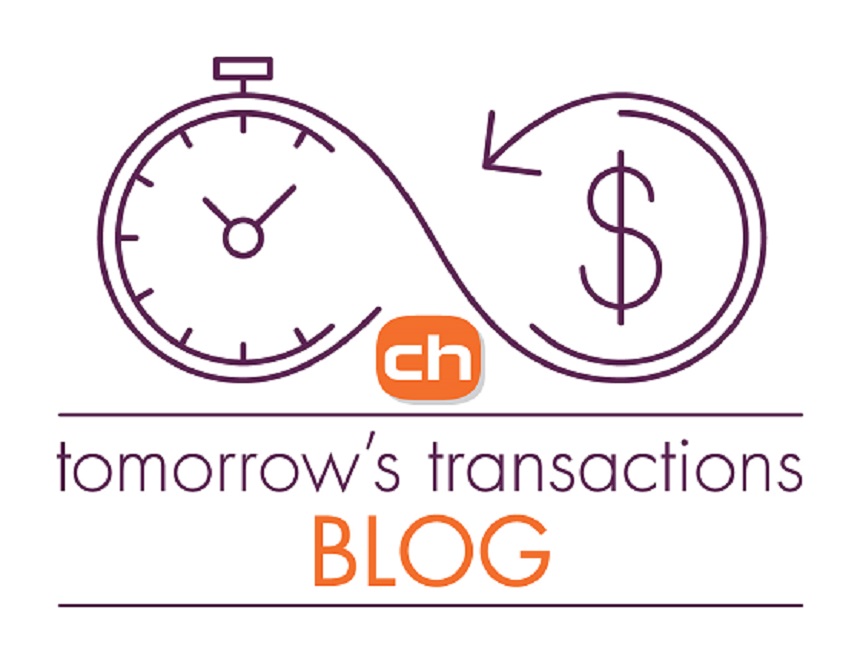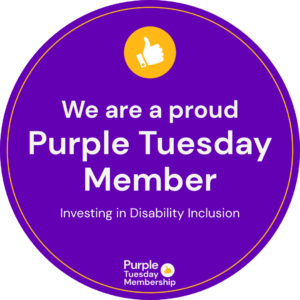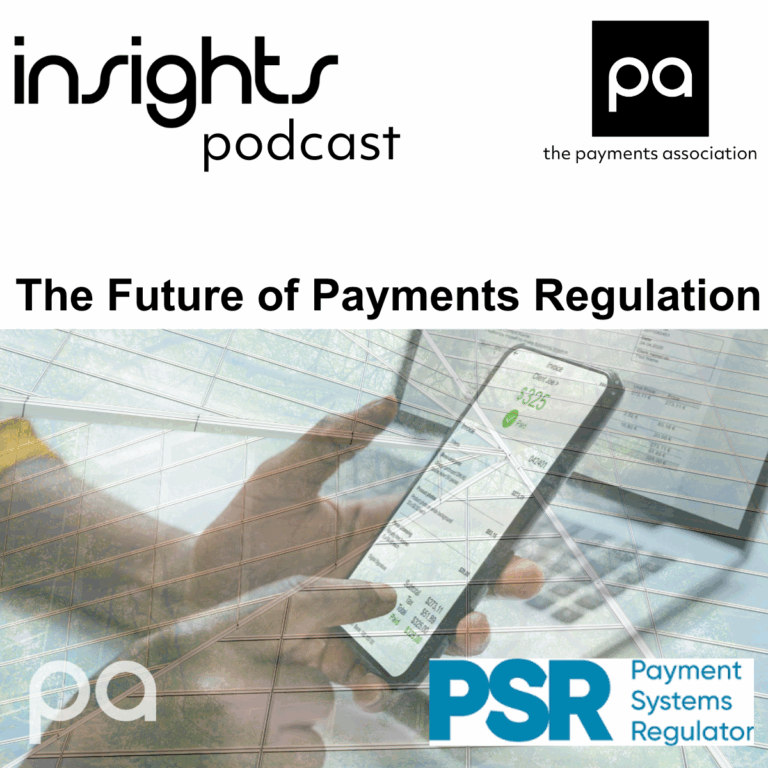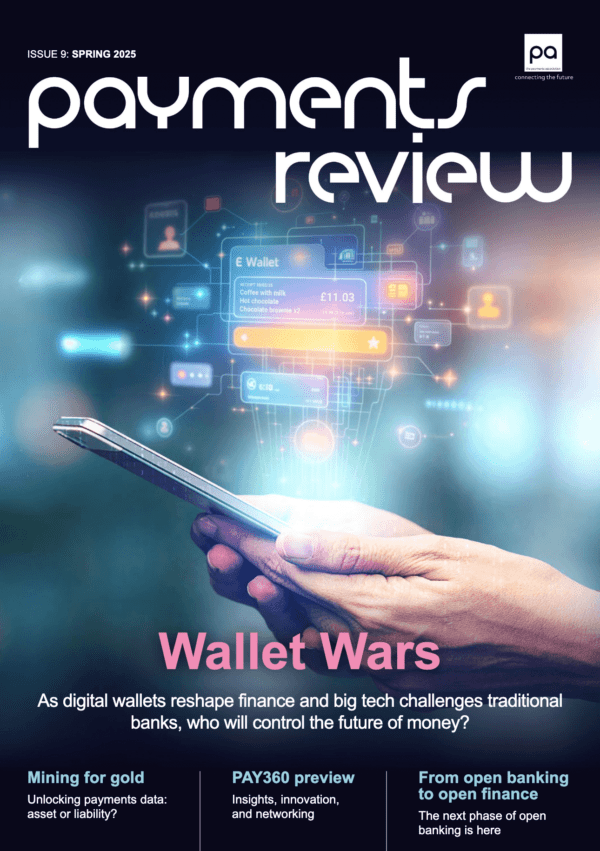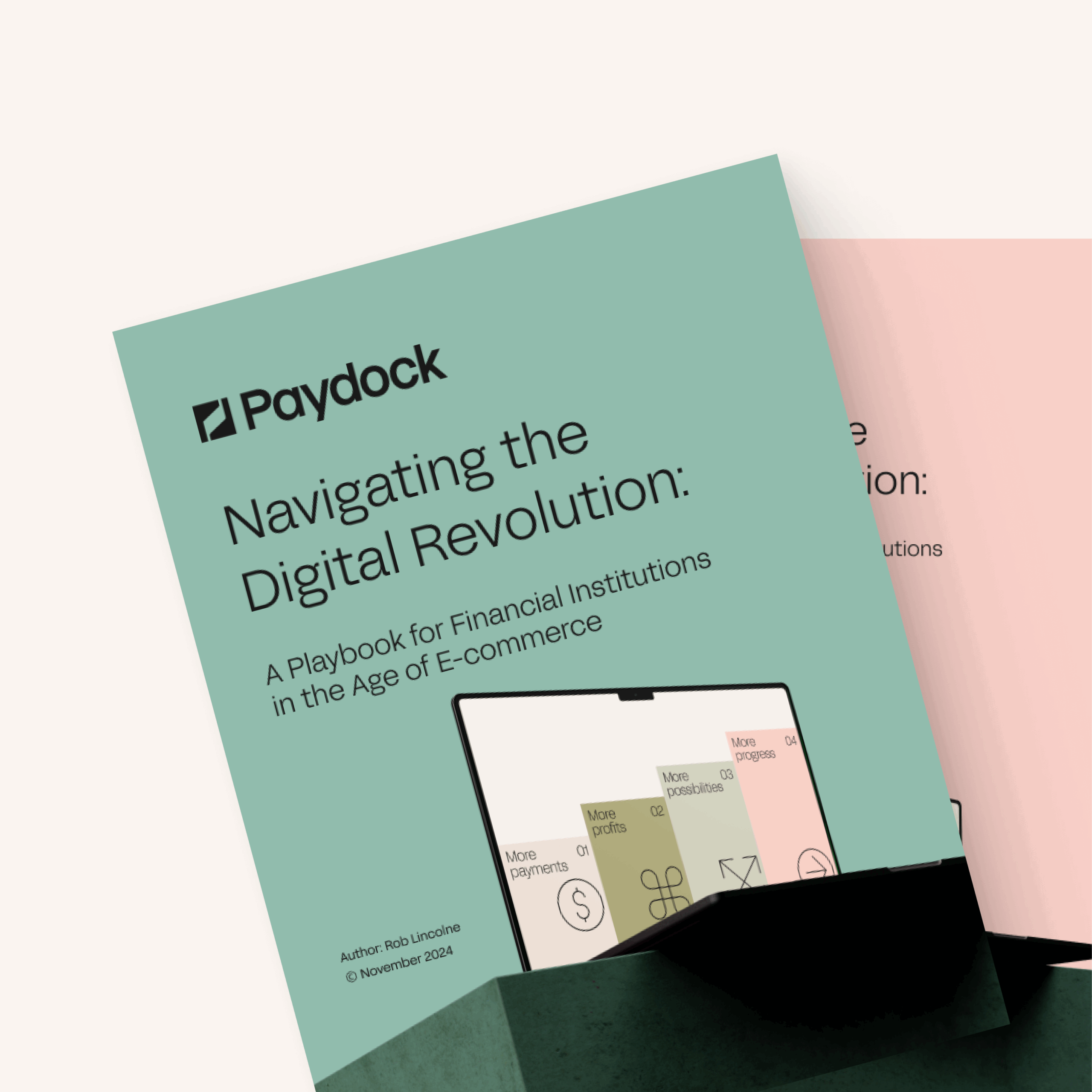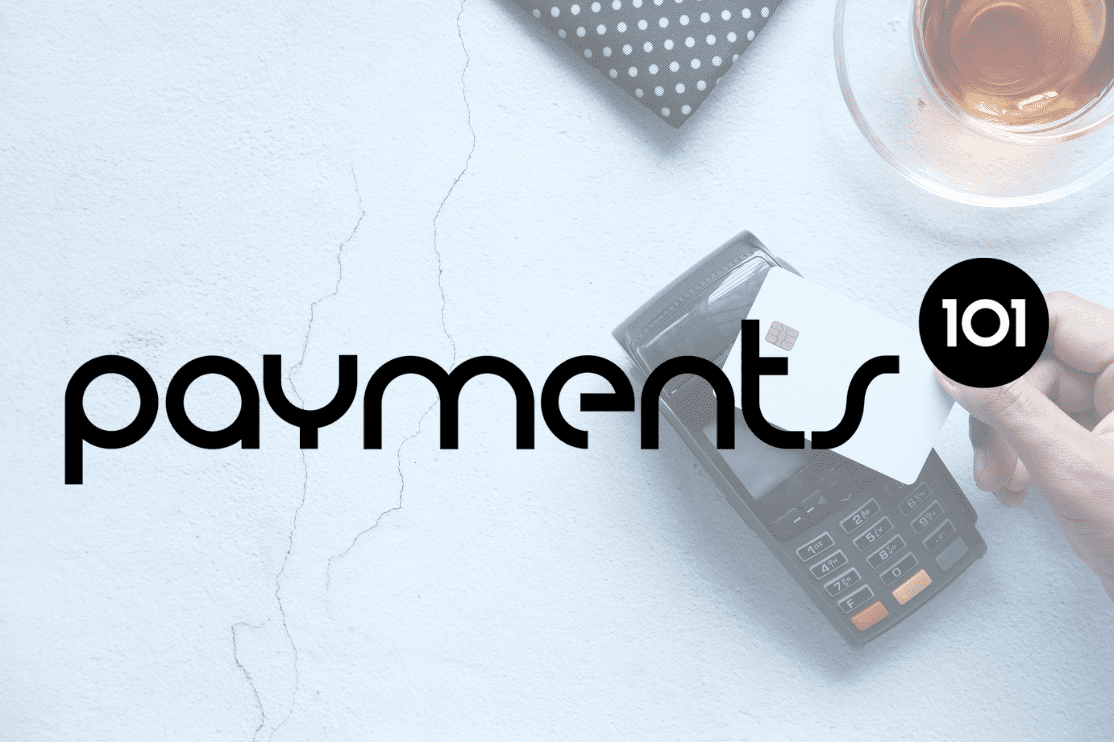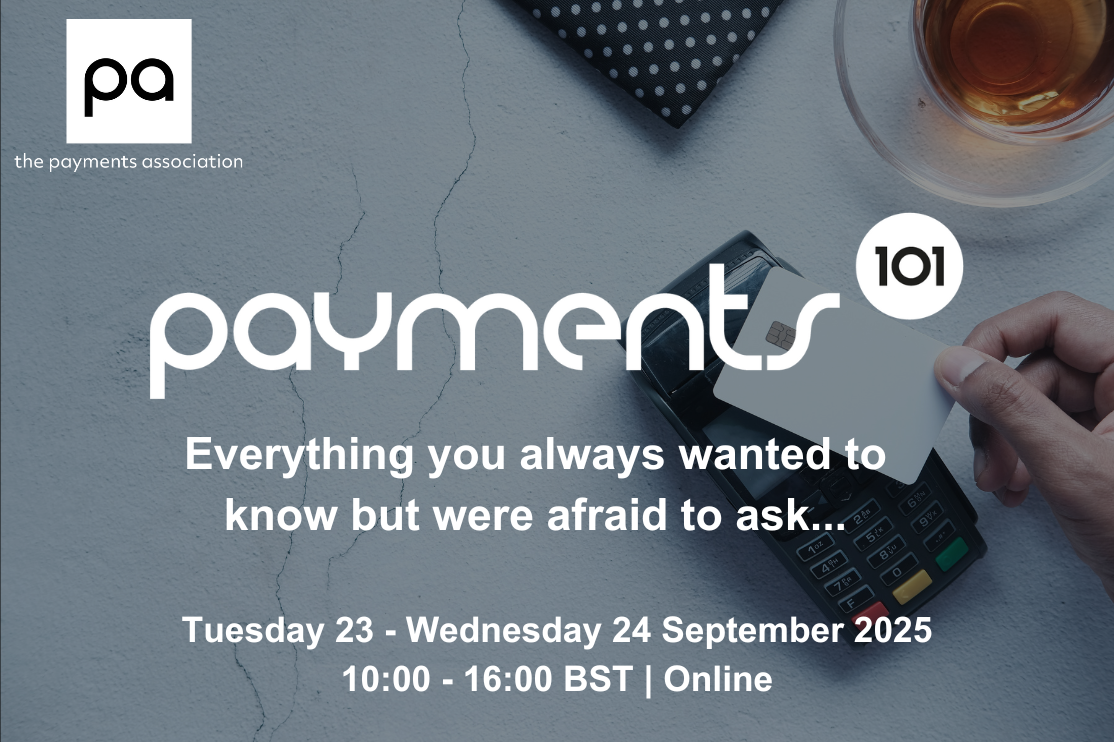Early on in the pandemic my colleagues at Consult Hyperion and I did a lot of research to explore how it might impact our customers and our customers’ customers, just as I am sure every other organisation in the payments sector did. We looked at a lot of speculative forecasts, we looked at research and analysis from quite a wide range of organisations in the financial sector and beyond, we spoke to a number of people in the industry and we took part in a fair few discussions and debates on the topic. As a result of this, we identified a number of strategic areas where stakeholders in the payment space should be developing or at least preparing their strategies and where they should be planning for some changes to take them through and beyond the COVID-19 crisis.
We structured our findings and identified eight strategic areas of focus, divided into two groups. We found four of those areas specifically in the payment space and we found four of those areas in what you might think of as adjacent spaces, that is not part of the payment transaction process themselves but that shape the process. Having applied this thinking to help a couple of international clients, I thought it would be good to share them, and so I’ll be giving a keynote about them at the Merchant Payments Ecosystem Summer Week today. Please do come and join us there!
Let’s look at the payment space first of all. The four key areas I’ll be talking about today:
- Cashlessness. Cash has been actively discouraged through the crisis for their potential of carrying the virus. Banks have closed branches and some will never open again. Given that ATMs are vanishing, the crisis is highlighting the fact that not everyone has the same level of access to digital payments. Moving away from cash affects unbanked citizens disproportionately. It’s time to start thinking about a national strategy for cashlessness instead of simply letting it happen (as in Sweden).
- Contact-free payments. The trend to cashlessness has given an immediate boost to contactless payments. Even the market stalls and food trucks were spurred into taking cards and have discovered the benefit. However, as the pandemic continued we began to contact-free (QR codes etc) creeping in to cafes and airport lounges (see below!). We’ve talked many times before about shifting from check-out to check-in models of retailing and it seems that the pandemic is driving a great many organisations to make the transition.
- Omnichannel convergence. The growth of online commerce and the shift to contact-free together drive forward an omnichannel experience centred on the mobile phone. The rapid deployment of omnichannel capabilities—which will deliver converged payments in any environment, physical or digital—will become an essential in most geographies.
- Government stimulus. A payments sector than can deliver an onmichannel solution can help governments and aid organisations to reach individuals and businesses with support and relief payments (such as childcare vouchers, emergency relief, or loan support) as direct “helicopter money”. Columbia is an interesting case study of what can be achieved. The government there approved a USD41 payment to around 3m of the most economically vulnerable families via low-cost account providers made up of both traditional banks and non-bank licensed financial institutions. The target beneficiaries were divided up among the providers with each provider sending a text message to eligible receivers who were the able to open up a mobile wallet and receive their payments immediately.
Here’s an example of post-pandemic check-in at the British Airways lounge in Terminal 5 at London’s famous Heathrow Airport. Instead of going to the buffet or the bar, you go to your table and scan a QR code, order on your phone and wait until the food and drink is delivered to you. I am sure the functionality to not only scan but order ahead will soon be added to the BA app on my iPhone. What’s the incentive to go back to the old way of doing things when the pandemic is over, especially when another pandemic is an inevitability in our global village?

Now let’s take a look at what we might term the payment adjacencies. These are areas for strategic focus that will improve the payments world but are not specifically about payments. Hence there is a need for organisations to establish strategies in these areas, whether to move into them as adjacent opportunities or to take advantage
- Smart safety. The early use of machine-learning and proto-AI technolgies in payments has been in the anti-fraud area, but this can be expanded into a wider pro-safety area. When the figures are in, I am sure we will have seen a fraud explosion throughout the crisis as people who were never online before become vulnerable. Telling consumers not to give out their personal details in response to calls and e-mails hasn’t worked, we need an infrastructure that more aggressively and intelligently protects people.
- Digital identity. As a great many people have observed, the pandemic has shown just how important digital identities and just how serious the lack of such an infrastructure is. Yet as they migrate to the virtual world, many people are discovering that they do not have the right documents to prove their identity. Businesses use credit cards, in effect, act as a rough-and-ready proof that people are who they say. Governments cannot do that. Time for proof – Covid-19 strengthens the case for digital ID cards | Leaders | The Economist: Hopefully the fall-out from the crisis will include a renewed vigour in the digital identity world and a more productive relationship between the government, banks and the tech sector.
- Data-driven liquidity. Access to money is essential for the survival of businesses. Using payments data to give them an up-to-date and comprehensive sense of the money needed and available would help to keep them in business. In the UK, there are already companies doing this both for the SME and consumer sector with some success. SMEs are the “low hanging fruit” because they often use expensive funding sources (eg, overdrafts and credit cards)..
- Open banking. Open Banking lessons from the UK (supported by the 2019 reviews of the technology and the services) point toward a more integrated “financial health” set of consumer services. This goes beyond data-driven liquidity to a more comprehensive view of consumers’ finances. It might well be that in future pandemics, government and NGO (consensual) access to consumer accounts will help to speed up and direct much-needed support.
Structuring this in a 4+4 model, allows us to frame our thinking in a way that looks at immediate, and adjacent, challenges and opportunities. At Consult Hyperion we’ve helped clients navigate muddy waters for over 30 years. We work with the leading brands across the World to define strategies, develop road maps and deliver secure electronic transaction solutions, at scale. We’d love to help you too.
